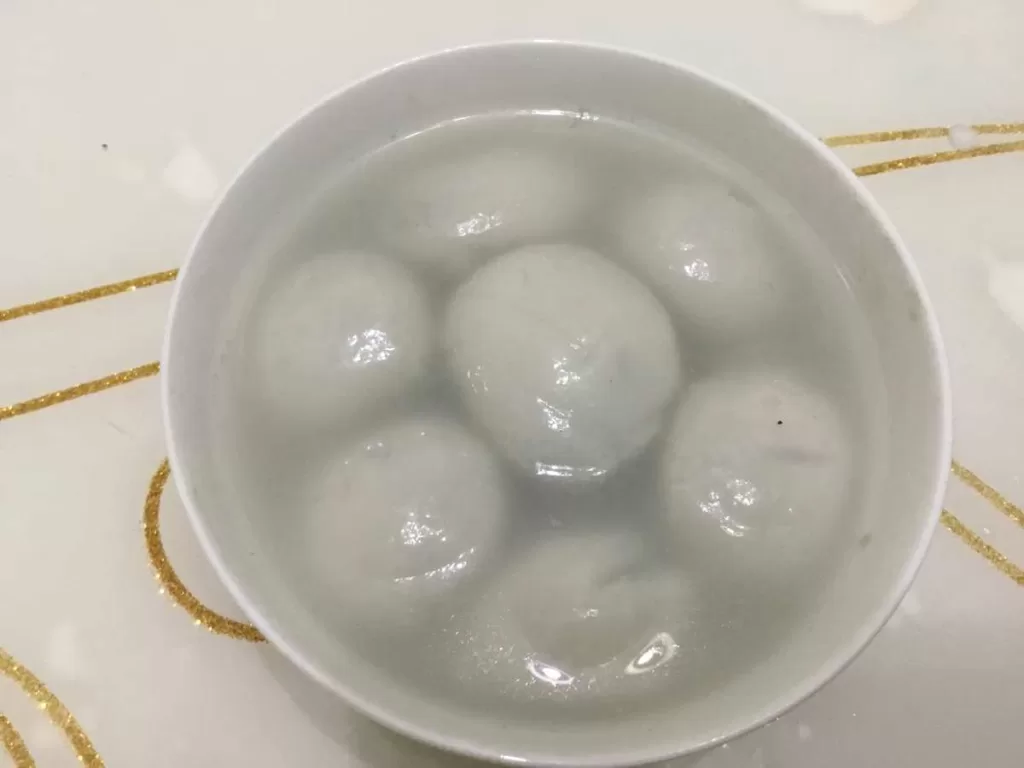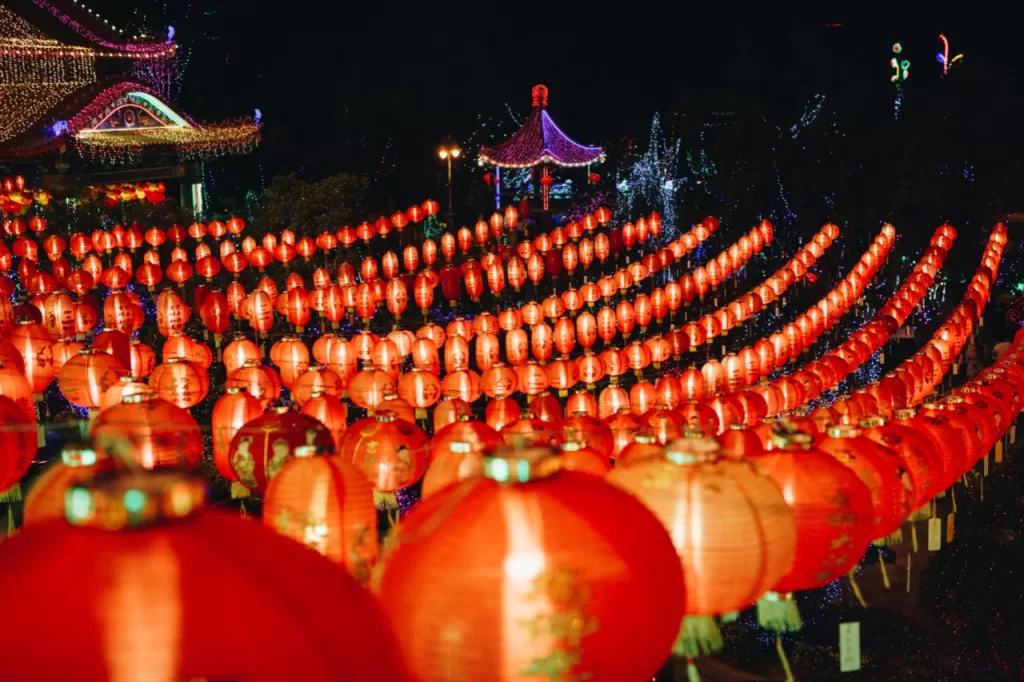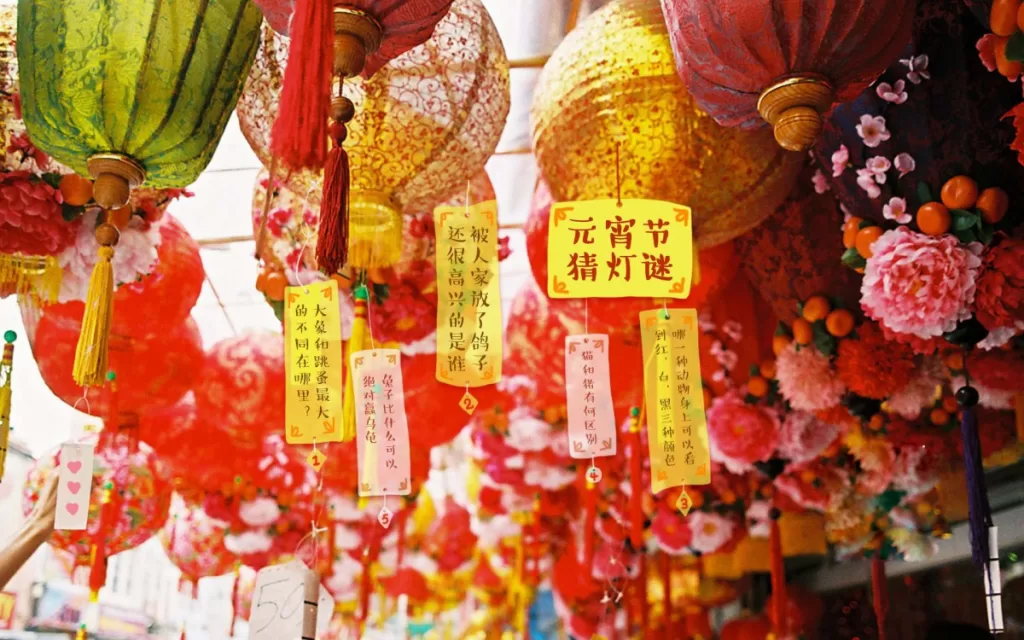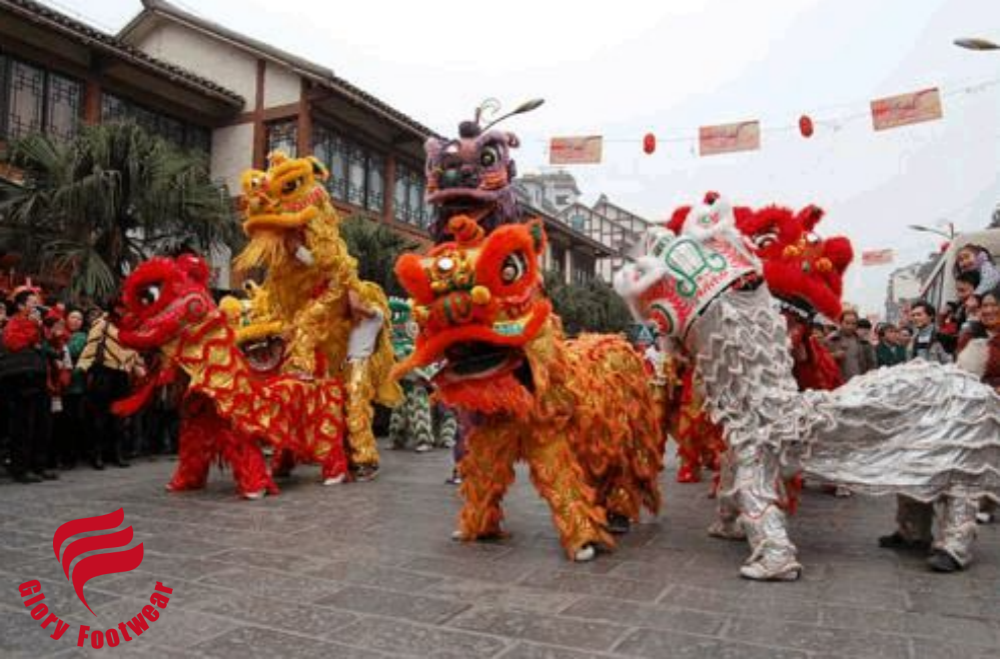The Origin and Customs of Lantern Festival
Chinese Lantern Festival, also known as Yuanxiao Festival or Shangyuan Festival, is one of the traditional festivals in China. It falls on the fifteenth day of the first month of the lunar calendar. On this day, no matter where they are, people strive to return home to reunite with their families and celebrate the festival together.
Customs of Lantern Festival
Eating Yuanxiao
According to Chinese folk tradition, on the fifteenth day of the first lunar month, families across the country eat yuanxiao (or “tangyuan”). This symbolizes completeness and happiness, signifying the reunion and joy of the whole family, hoping for happiness and togetherness every year.

Admiring Lanterns
The custom of admiring lanterns during the Lantern Festival originated during the reign of Emperor Ming of Han Dynasty. During the Yongping era, Emperor Ming vigorously promoted Buddhism and ordered that lanterns be lit on the fifteenth night of the first lunar month in the palace and temples for Buddhist offerings. Later, the custom of hanging lanterns spread from the palace to the folk. Every Lantern Festival, whether aristocrats or commoners, households would hang up colorful lanterns, and the streets and alleys would be brilliantly lit.

Guessing Lantern Riddles
Guessing lantern riddles involves writing riddles on pieces of paper and pasting them on brightly lit lanterns for people to guess. This activity combines the hanging of lanterns and guessing riddles, hence the name “lantern riddles.”

Lion Dance
Lion dance is an excellent folk art in China. During the Lantern Festival or other celebrations and gatherings, people perform lion dances to add to the festivities. This custom originated in the Three Kingdoms period and became popular during the Southern and Northern Dynasties, lasting for over a thousand years.

Chinese Lantern Festival is a festival full of joy, reunion and romance. It makes people feel the warmth of home and the power of love, and also makes people understand that no matter where they are, the company and care of family is always our most precious wealth.